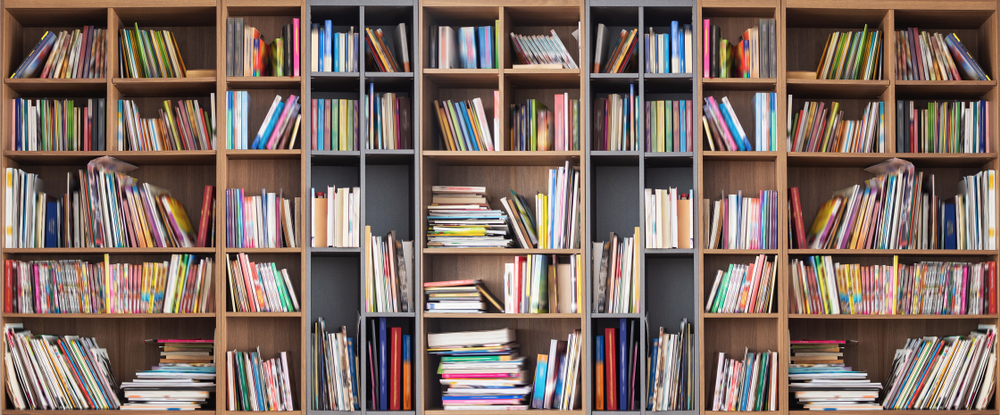Public libraries in San Francisco may soon provide unlimited access to addiction recovery books amid the recent surge in fentanyl overdoses. Officials assert that access to recovery-related materials is often readers’ first step toward recovery, citing the 3200+ books and workbooks distributed since the launch of a pilot program in April.
The idea behind the program derived from librarians’ recognition that addiction recovery materials were rapidly disappearing from circulation. San Francisco’s main library, for example, now must replenish recovery-related content every six weeks. Located at the heart of the Tenderloin District, the library is a primary source of shelter for the neighborhood’s many unhoused and addicted persons.
Representatives for the San Francisco public library system note that materials related to 12 Step recovery, also known as the Big Book, are among the most common materials not to be returned to library shelves, along with materials related to narcotic, opioid, and crystal meth addiction. In the face of long waitlists for many clinical rehab programs, these titles may be the first and perhaps only recovery resource for those who need it most.
Those who have turned to addiction-related books and workbooks assert that engaging with the materials is a private and personal act, giving persons who are experiencing addiction the time and space to learn about recovery on their own terms. These materials are designed to help readers understand the disease of addiction, acknowledge the existence of the disorder in their own lives, and recognize the possibility of recovery.
This, program proponents argue, can be a powerful incentive for a person experiencing addiction to move beyond the fear of stigmatization, regain their sense of hope, and reach out for help. They point to the city’s more than 600 community-based addiction recovery programs, including Alcoholics Anonymous (AA) and Narcotics Anonymous (NA) as a common next step on the reader’s path to sobriety.
Though initially piloted to just three libraries at an initial cost of $40,000, the program, if approved, will roll out system-wide, offering content in multiple languages. Those interested in the content do not need a library card and are not required to return the materials.
